
Culture | Ferdowsi's Shahnameh, Part 4
In this lesson, we continue our discussion of Ferdowsi's Shahnameh with Dr. Sahba Shayani to the fourth part of the Story of Zal, where Simorgh reunites Zal with his father, Sam.
8 Sep 19min
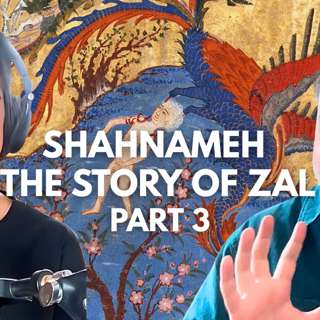
Culture | Ferdowsi's Shahnameh, Part 3
In this lesson, we continue our discussion of Ferdowsi's Shahnameh with Dr. Sahba Shayani to the third part of the Story of Zal, where Sam begins to have dreams that inspire him to search for the son he had previously abandoned.
1 Sep 14min
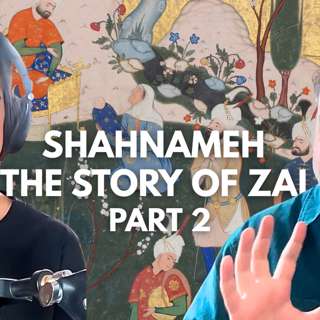
Culture | Ferdowsi's Shahnameh, Part 2
In this lesson, we continue our discussion of Ferdowsi's Shahnameh with Dr. Sahba Shayani to the second part of the Story of Zal, where Simorgh spots the abandoned baby.
25 Aug 15min
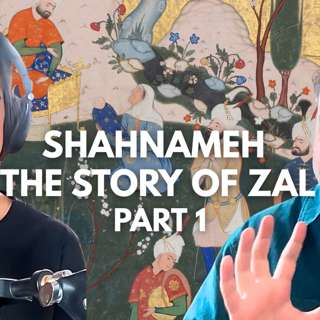
Culture | Ferdowsi's Shahnameh, Part 1
In this lesson, we begin our discussion of Ferdowsi's Shahnameh with Dr. Sahba Shayani. We specifically begin covering the first part of the Story of Zal in the Shahnameh.
18 Aug 27min
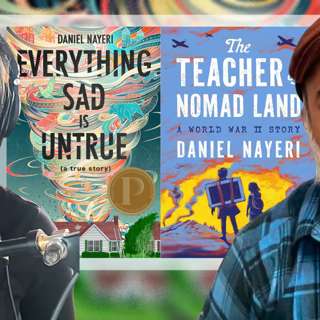
Interview | From Oklahoma to Shahnameh: Daniel Nayeri, Author of Everything Sad is Untrue on Memory, Myth and Belonging
In this deeply personal and wide-ranging conversation, Daniel Nayeri, author of the acclaimed autobiographical novel Everything Sad is Untrue, talks about growing up as an Iranian refugee in Oklahoma, the mythic structure of memory, and the stories we inherit—true or not. He reflects on what it means to carry generational trauma, how he began writing the book in a Brooklyn bathroom, and the long journey of learning to tell his family’s story with emotional honesty.We discuss the magic of Persian storytelling traditions, from Shahnameh to Khosrow and Shirin, why he originally wrote the book for adults, and how his father reacted to seeing himself as a character on the page. Daniel also shares a preview of his newest novel, The Teacher of Nomadland, a literary adventure set in WWII-era Iran, and why he wanted to sneak a Farsi lesson into the heart of it.This episode is for anyone who’s ever tried to make sense of a fractured past—and found something beautiful in the pieces.📚 Related LinksEverything Sad is Untrue by Daniel Nayeri (Amazon): https://www.amazon.com/Everything-Sad-Untrue-True-Story/dp/1646140001The Teacher of Nomadland (Preorder): https://www.chroniclebooks.com/products/the-teacher-of-nomadlandDaniel Nayeri on Instagram:https://www.instagram.com/danielnayeriLearn Persian with Chai and Conversation:https://chaiandconversation.comDaniel's publisher:https://www.levinequerido.com/daniel-nayeri
6 Aug 1h 28min
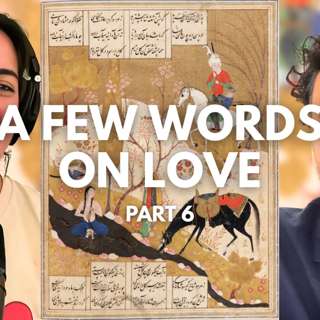
Poetry | Nizami Ganjavi's sokhanee chand dar eshgh, Part 6
In this final part of our discussion of Nizami Ganjavi's sokhanee chand dar eshgh, we cover the remaining lines, explaining how love transcends even existence on Earth and applies to the entire universe.
28 Juli 15min
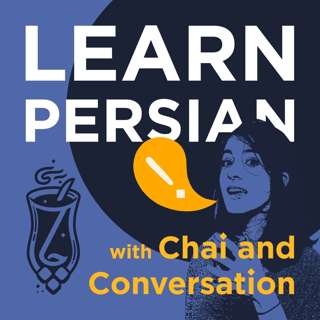
Poetry | Nizami Ganjavi's sokhanee chand dar eshgh, Part 5
In this fifth part of the discussion of Nizami Ganjavi's sokhanee chand dar eshgh, we cover the two more lines that describe the life-giving nature of love.
21 Juli 10min
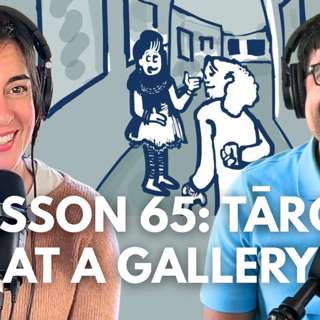
Speak Lesson 65 | Tārof at a Gallery
In this lesson, we learn some examples of tārof appropriate for talking to older people and see some examples in a conversation at an art gallery.
21 Juli 11min





















